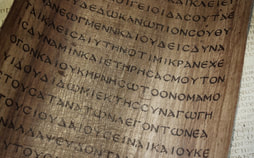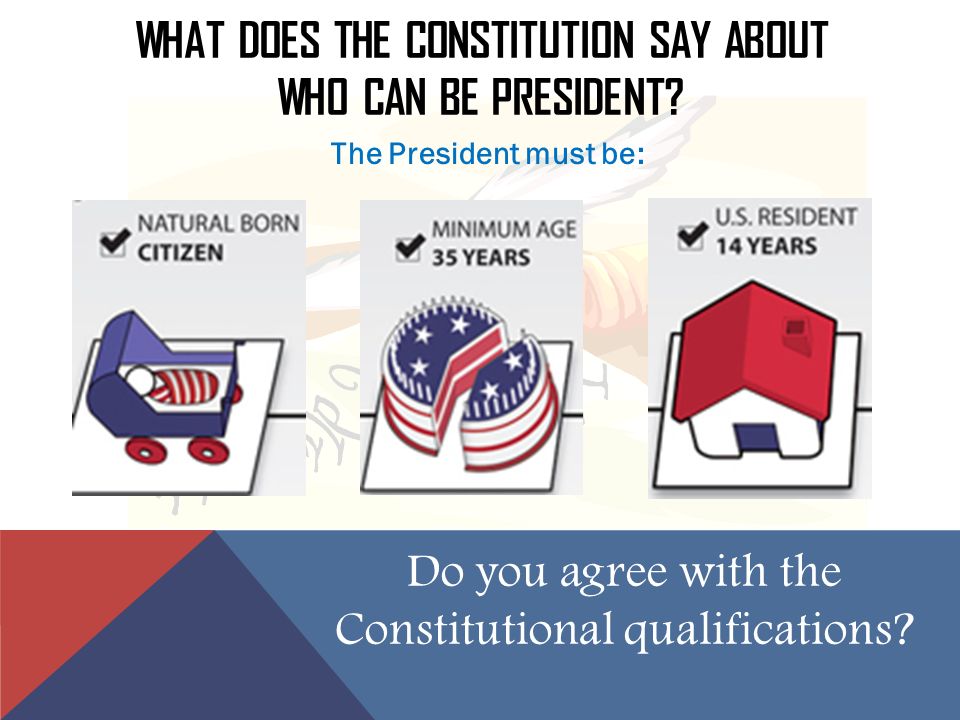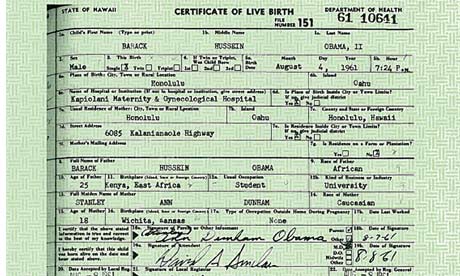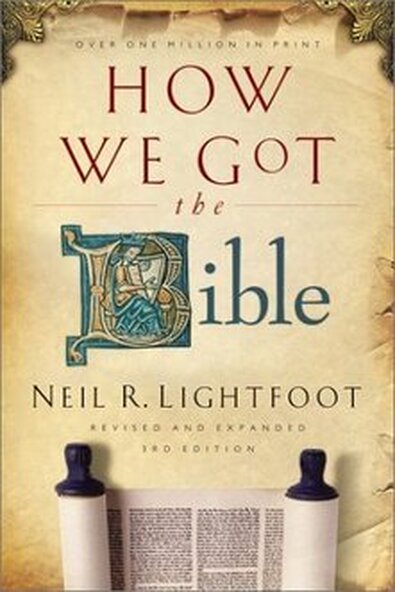beginning at 7:00 pm on Wednesdays.
at the church of Christ in Carthage, Missouri, south of the Ford dealership
PLEASE JOIN US!
Our focus for this study hinges on answering these two big questions. The goal is to get closer to the answers each week in our class.
Is the Bible accurate and dependable?
Birth - Certifiable
What does a birth certificate establish?
Why is a birth certificate important?
| To serve as the president of the United States of America, there are three major requirements: that you live in the U.S. for a minimum of 14 years, that you are at least 35 years old, and that you are a natural-born citizen (that is, born inside the country). Every one of the presidents, extending all the way to George Washington, has fulfilled these three basic requirements. However, these requirements were challenged for a long time before Barack Obama's birth certificate from Hawaii was finally exposed. Before that point, it was said that he was born in his dad's native land of Kenya. Even now, there are some among us who question Obama's birth certificate. Theories abound about the document being a forgery, and people are automatically labeled as "birthers" when they question its authenticity. It is one of just a handful of requirements to being president and one that must always be confirmed and authenticated in order for trust and honor to be maintained in the office of the "most powerful leader in the world". |
| Chapter Two of Neil Lightfoot's book, How We Got the Bible, the author makes us wonder about the origin of the Bible. He makes us question the authenticity of the text, the organization of the text, and the preservation of the text. This chapter is a natural companion to the previous chapter, but it extends beyond the form that the text assumes. In other words, there is more here than the writing technology that we discussed in the first chapter. Guiding Questions:
|
The Originals
The New Testament came about in much the same way, over a short period of time (AD 50-100). The letters, written by inspired men, were passed from church to church to be read in assemblies. More information about all of this is shared within the text of How We Got the Bible.
The preservation of such is an incredible process. If the materials could not be protected and preserved, at least the words could be.
More from our Text

- Law: Genesis, Exodus, Leviticus, Numbers, Deuteronomy
- Prophets:
- Former Prophets: Joshua, Judges, 1 and 2 Samuel, 1 and 2 Kings
- Latter Prophets: Isaiah, Jeremiah, Ezekiel, and the Book of the Twelve (what we more commonly know as the twelve minor prophets)
- Writings: Psalms, Proverbs, Job, Song of Solomon, Ruth, Lamentations, Ecclesiastes, Esther, Daniel, Ezra, Nehemiah, and 1 and 2 Chronicles
Likewise, the New Testament is also grouped into three sections:
- History
- Doctrine
- Prophecy
Refer to the book for more details.
We heard samples of the three languages in which the original text was presented. Lightfoot has some things to say about those three languages on pages 27-29, providing more information about which sections are written in Hebrew, Aramaic, and Greek.
In Praise of the Scribes
| Those workers who worked laboriously to make copies of Scripture are called scribes. They often worked in a special location called a scriptorium. The video here describes some of the tools and methods that the ancient scribes (and their medieval counterparts) used. Important to note is an added practice of some scribes. They took it upon themselves at times to write in the margins or on the backs of pages. We would understand these notes to be uninspired, but that does not mean that they are useless. | |
| | They were unbelievably precise in their recording of the text, and very few minor differences can be detected in their work - perhaps due to the grave importance of getting the holy text correct. To say the least, this job was tedious from start to finish. The video here describes the preparations and the processes expected from one who held the position. Understanding the process and care that was used brings us to the conclusion that our Scriptures are accurate and reliable. God, using the right technology at just the right time, puts His real words in our hands today! |
We contend that the Bible and everything it contains is supported by:
|
|
|
Should faith alone be enough to drive you to drive you to your knees? Is "blind" faith a stronger kind of faith? If so, then why did God provide so much evidence?
















































